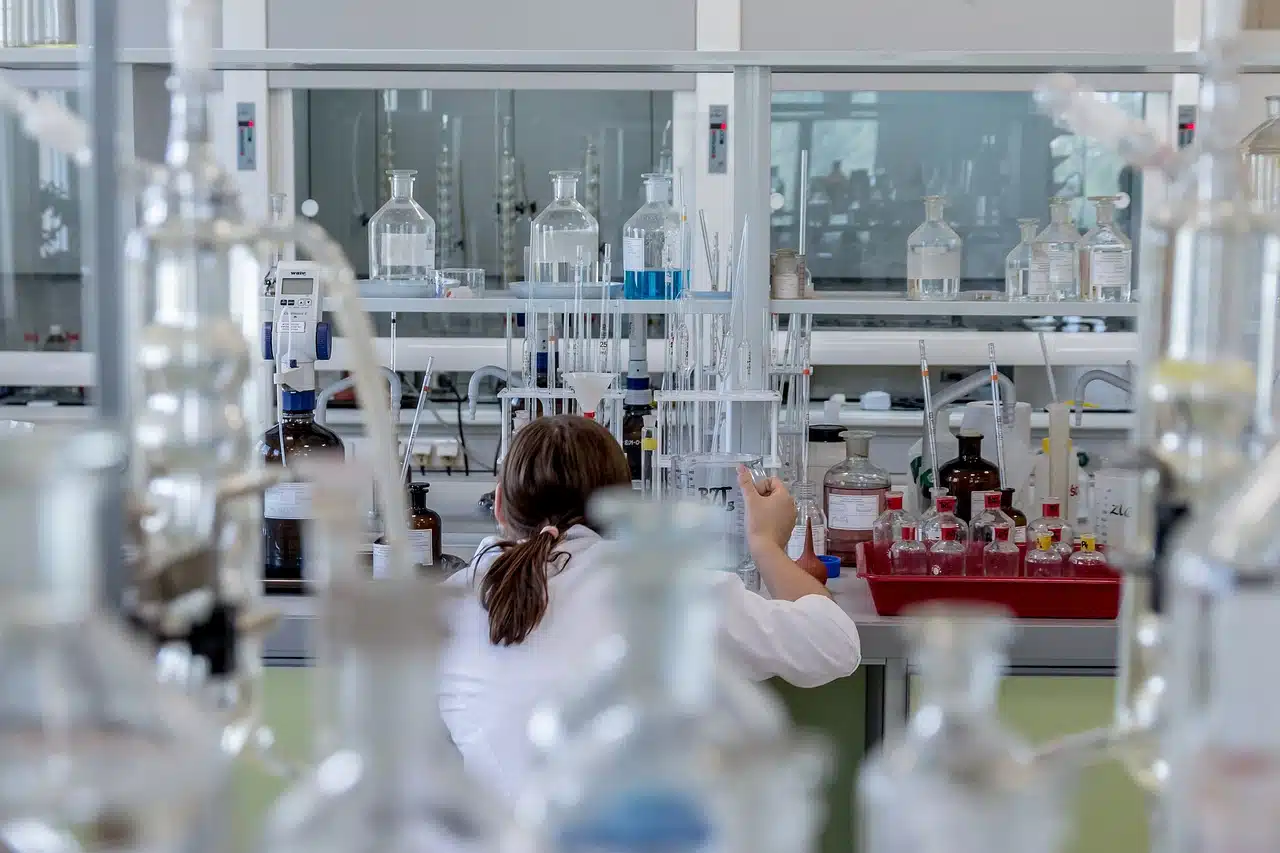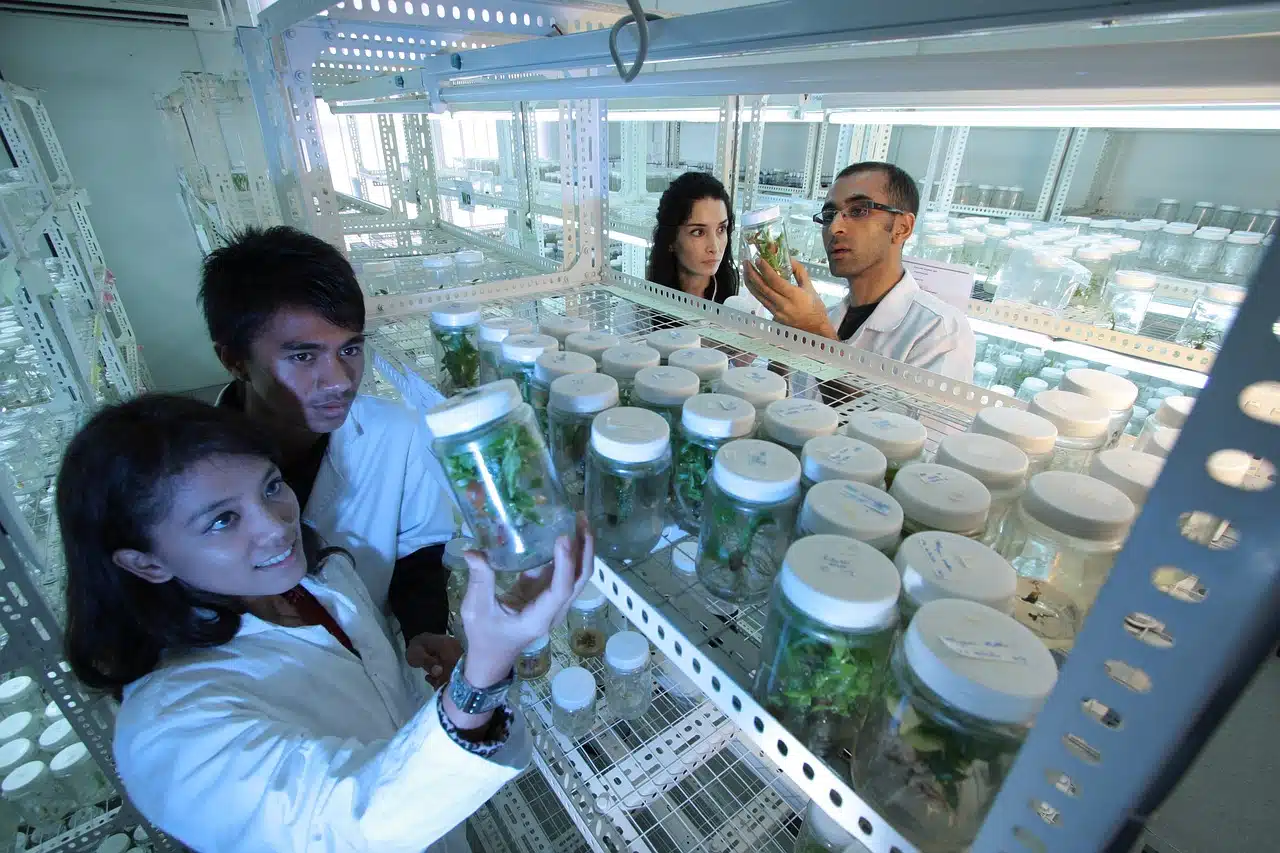
The scientific method is essential in research centers and laboratories.
The scientific method is the series of stages that must be followed to obtain valid knowledge from the point of view of science , using reliable instruments for this. What this method does is minimize the influence of the scientist's subjectivity on his work.
The concept of method comes from the Greek methodos ( "way" or "way" ) and refers to the means used to reach a certain goal . Scientific , for its part, is the adjective that mentions what is linked to science : a set of techniques and procedures that are used to produce knowledge.
The scientific method is based on the precepts of falsifiability (indicates that any scientific proposition must be susceptible to being falsified) and reproducibility (an experiment must be able to be repeated in indistinct places and by any subject).
Its origins
The scientific method is a methodology , technique or way of research that appeared in the 17th century . This is an initiative pioneered by the great Italian astronomer Galileo Galilei , who is considered the father of science thanks to the set of astronomical observations he made and also to his improvement of the telescope.
However, for many, although he was the first to use the method in question, there were others before this character who used techniques to analyze the reality around them that were quite similar to that form. Among these is, for example, Leonardo da Vinci , a universal genius and master of the Renaissance.
Characteristics of the scientific method
For many, the main hallmarks that define and give meaning to the scientific method are the following:
- It is based on laws that have been deduced by man, hence the validity of the entire process is determined from the daily experience of its practice and use.
- He usually uses mathematics as a fundamental key to establish the corresponding relationships between the different variables.
- It never makes reference to absolute certainties, quite the opposite. It develops and works from what is observable.
Thanks to the scientific method, a scientific law can be postulated that allows human beings to correctly know not only what the past was, but also the future. And by giving it certain values, we will know what is going to happen to a variable.

Research projects must be based on the scientific method.
Steps and types
Among the necessary steps that make up the scientific method are observation (the researcher must appeal to his senses to study the phenomenon in the same way in which it is shown in reality), induction (based on observations, the scientist must extract the particular principles from them), the formulation of a hypothesis (arising from one's own observation), its demonstration or refutation and the presentation of the thesis (the scientific theory ).
There is usually, therefore, experimentation in the first instance, which allows observations to be made. By analyzing data and resorting to the inductive method or the deductive method , a conclusion can be reached. If the validation of this hypothesis can be carried out according to what the scientific paradigm establishes (that is, if its reliability is demonstrated), it is possible to present the research thesis .
Among the different types of scientific methods, meanwhile, the experimental , the dialectical , the empirical-analytical , the historical , the phenomenological and the hermeneutical appear. Each one has its applications and has its own field of action in which it is valid or more useful than the rest.

Statistics is part of the scientific method to produce knowledge.
Scientific method and epistemology
Epistemology is the specialization of philosophy that is dedicated to the analysis of the nature, bases and scope of scientific knowledge and, therefore, of the scientific method.
The so-called philosophy of science shares these objects of study, although it is a broader branch since it has additional interests.
These disciplines understand science as a product that arises from the use of reason and logic . Starting from these principles, the scientific method is understood in different ways or with certain nuances by currents such as logical positivism or empiricism (which maintains that the only valid methodology is one that appeals to the empirical), falsificationism (knowledge is valid as long as cannot be refuted) and rationalism (privileges reason over experience).
What is intended, in all cases, is for the knowledge generated by science to gain accuracy and precision , avoiding biases and the effects of possible experimental error. In this framework, its systematic review is very important, both in the formal sciences and in the natural sciences and social sciences .
Basic science and applied science, whether in quantitative research or qualitative research , have to respect the scientific method as an essential condition. It is the resource that the scientific community takes as valid for the generation of knowledge, makes peer review of theories possible and allows the transfer of knowledge .
